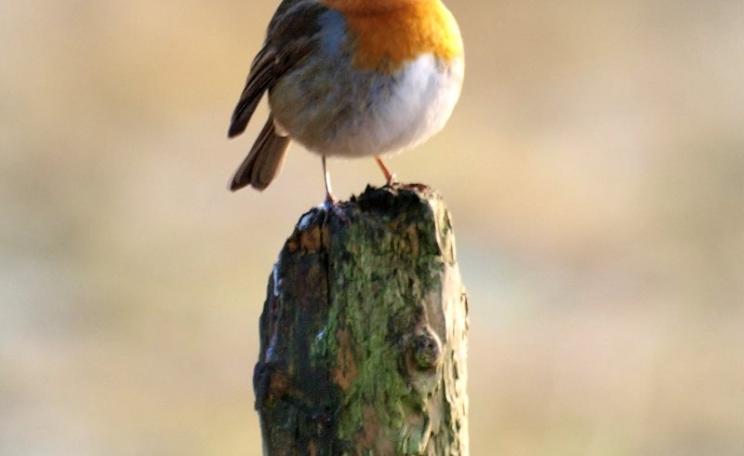The normal breeding cycles of four species of salamander and frog altered with changes in the climate
The breeding cycles of amphibians are being affected by climate change, according to research from wetlands in South Carolina, United States.
It found two normally autumn-breeding species breeding later in the year and a further two winter-breeding species reproducing much earlier than previously. Overall, the four species had shifted their breeding cycle by between 15 and 76 days in the past 30 years.
This change co-incided with a 1.2 degree rise in overnight air temperatures at the studied location during the breeding periods.
Researchers from the University of California, who led the study, said it was some of the 'greatest rates' of climate-induced change in ecological events ever reported.
Frogs and toads are thought to respond to environmental cues such as temperature or rainfall to decide when to breed each year. Although a further six species studied did not change the timing of their breeding habits, the study researchers fear that some species may ultimately be lost as a result of climate change.
'Whether this is adaptive and promotes species persistence remains to be determined,' said study co-author assistant professor Brian Todd, from the University of California.
'My own hunch is that some species may be disadvantaged whereas others may benefit or be relatively unaffected. Given the uncertainty and the pace of climate change, I think we should remain concerned about the fate of these species.'
This is not the first time species have been shown to be affected by changing climate. Another study found that climate change could be causing flowers to open before bees emerged from hibernation leading to declines in pollination.
Useful links
Study in full
| READ MORE... | |
 |
NEWS Bees stung by 'climate change-linked' early pollination Climate change may be causing flowers to open before bees emerge from hibernation leading to declines in pollination, new research suggests |
 |
INVESTIGATION How can we have fish tomorrow? Ask the past Dismissed initially as a good storyteller but nothing more, environmental historian Poul Holm has mapped the history of marine animals in such detail that it is having profound impacts on our current understanding of the oceans |
 |
NEWS Rising cancer levels in animals Report published in Nature expresses alarm at the impact of cancer on endangered species such as Tasmanian devil and beluga whale |
 |
NEWS Controversial pesticides linked to 'total ecological collapse' of insects and birds Widespread use of insecticides affecting bee populations but also causing decline in numbers of birds, butterflies and moths, warns Dutch toxicologist |
 |
HOW TO MAKE A DIFFERENCE Fishing and the environment: why the two are inextricably linked Anglers may set out to hunt fish - for fun or food - but they are also some of greatest protectors of aquatic environments, argues Robert MacDougall-Davis |








